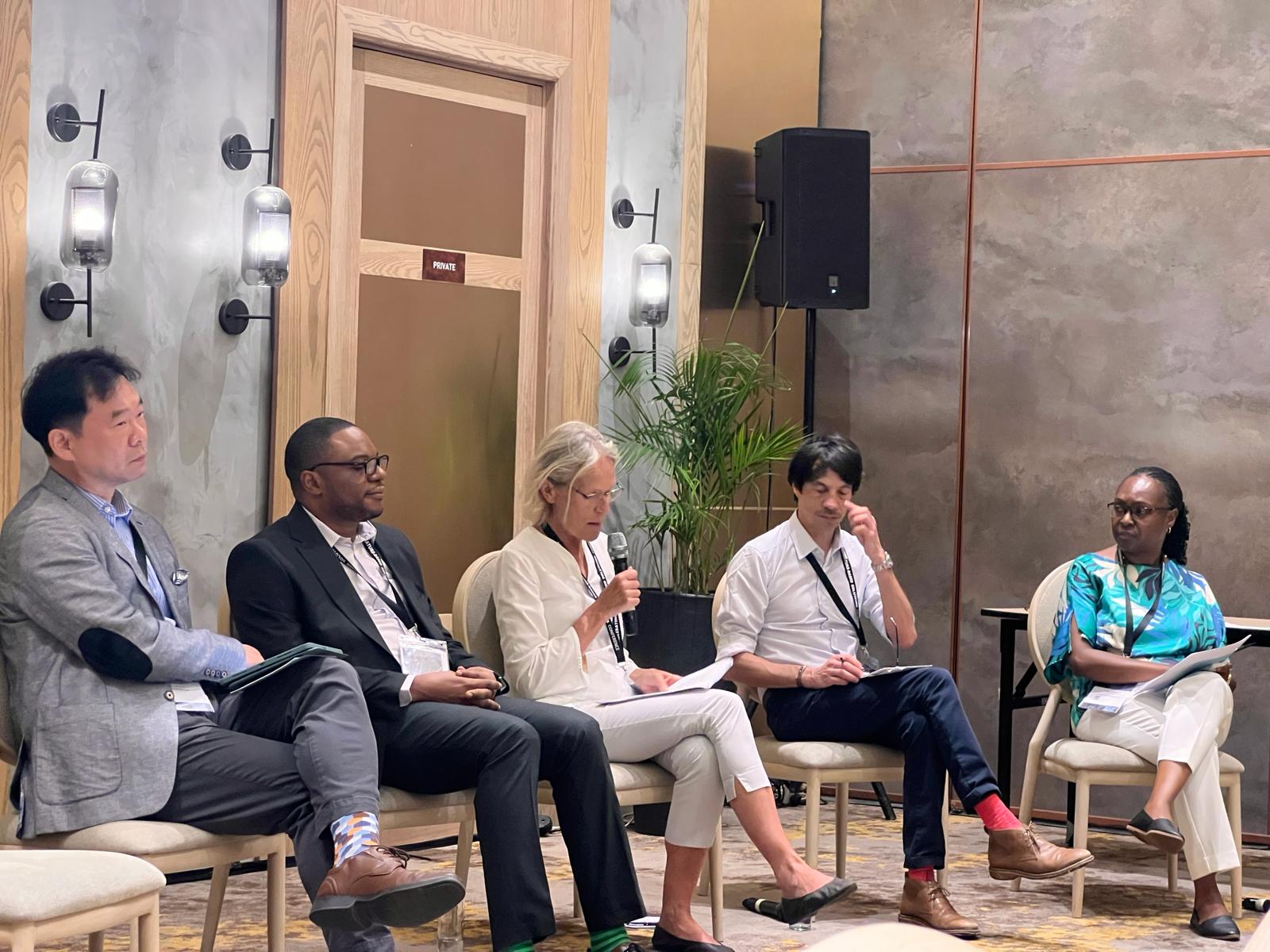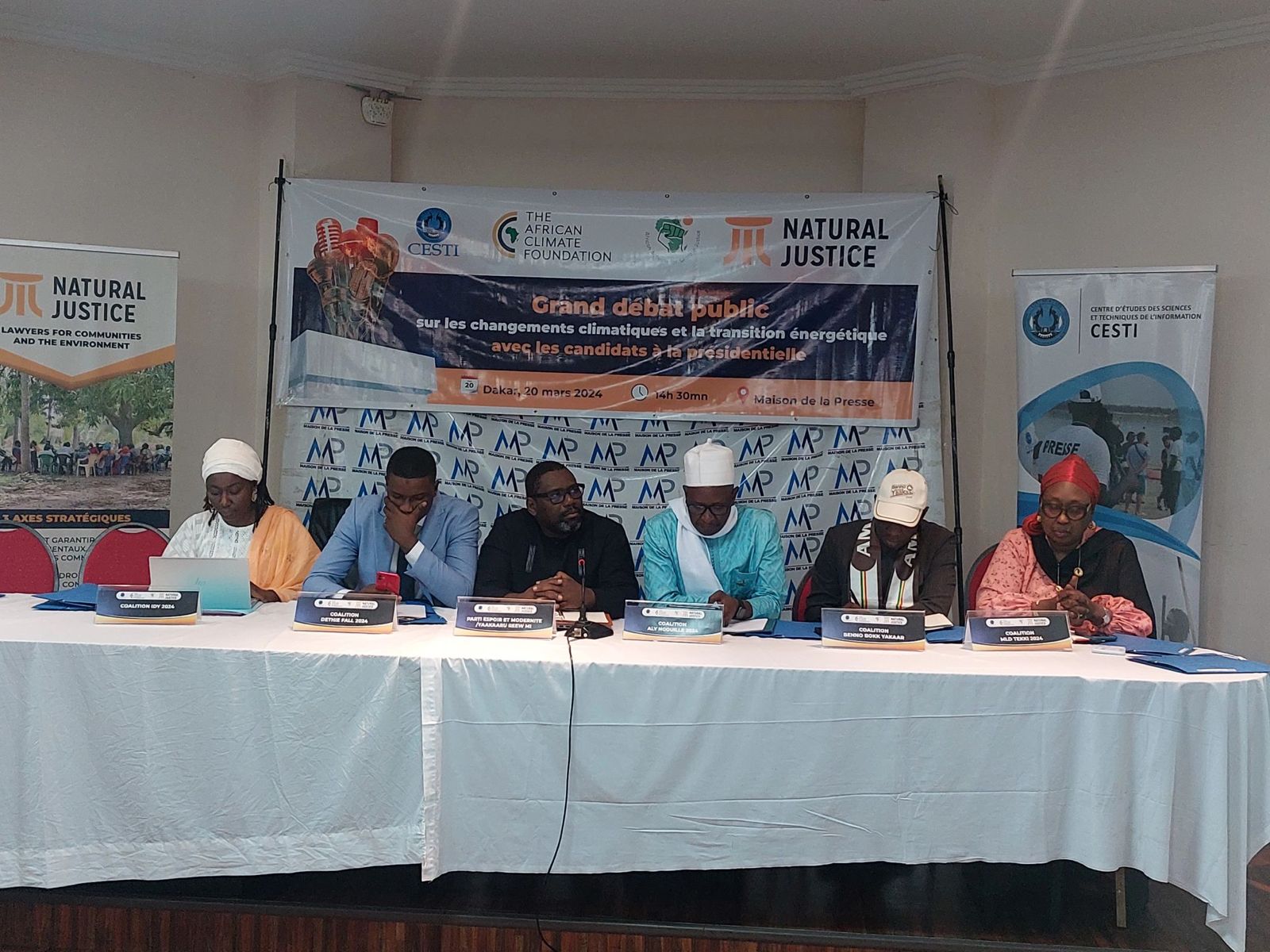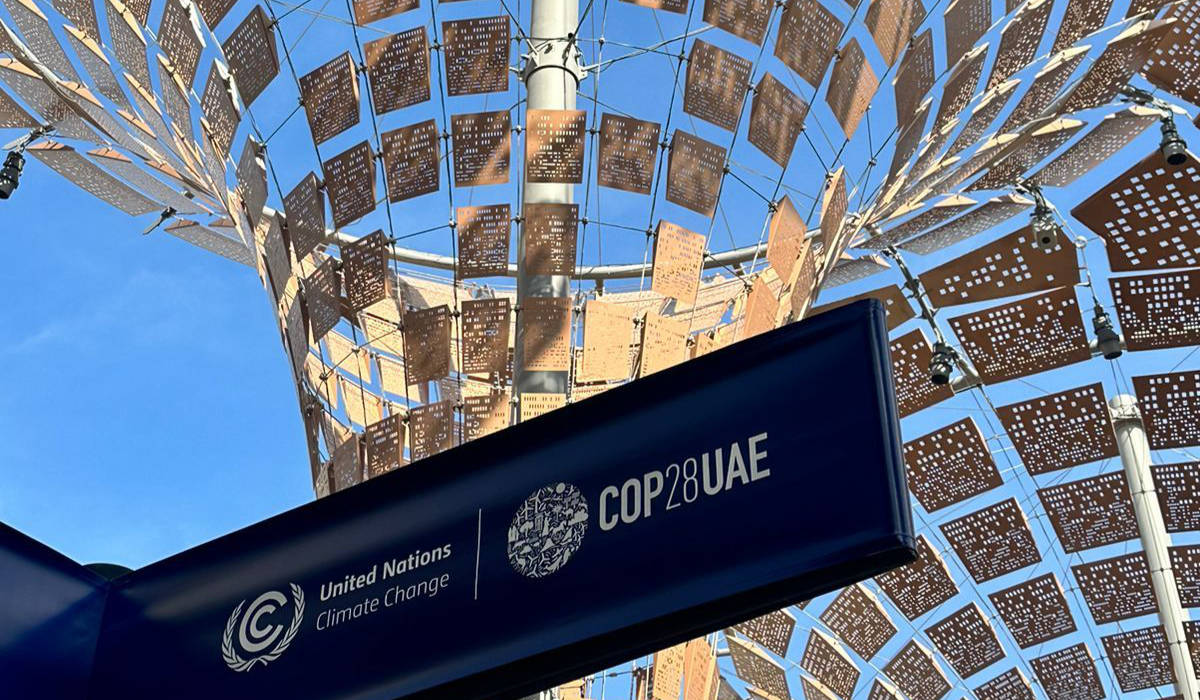Apart from the billions offered by government and financial institutions, a fair share of money at the climate talks in Glasgow this past month was pledged by billionaires.
Serious philanthropic outfit the Rockefeller Foundation and super-billionaire Jeff Bezos announced significant funding at the conference.
The Bezos Earth Fund, in collaboration with the Rockefeller Foundation and IKEA Foundation, formed The Global Energy Alliance for People and Planet. The Alliance, which will also include eight multilateral and development-finance institutions, will start with $10 billion to test strategies and innovative technologies to support renewable energy across the globe, especially in areas where private capital is still hesitating.
Ultimately, philanthropy doesn’t have the trillions of dollars needed to stop global emissions of greenhouse gases and slow climate change. But the funds committed through philanthropy can be galvanised faster and philanthropic organisations are not hamstrung by government bureaucracy, which means they can act quicker.
Africa, especially, could benefit from this quicker movement of funds with new research by climate researcher Climateworx showing the opportunity for climate philanthropy in Africa was extensive.
“As illustrated at COP26, international partners – including governments and philanthropic organisations – are ready to support Africa as it seeks to mitigate the impact of climate change and navigate the energy transition,” the report on philanthropy in Africa said.
At COP26, the Africa Climate Foundation also signed the climate for philanthropy pledge, which commits to mobilising funds for action against climate change. The ACF was the first African foundation to sign the pledge.
Joseph Curtin, director of the power and climate team at the Rockefeller Foundation, said at COP26 that even if rich countries managed to get to $100 billion, it was nowhere close to the trillions that were needed. The heavy hitter philanthropies, he said, wanted to create the conditions for the private sector to invest at a massive scale.
The alliance, announced at COP26, aimed to unlock $100 billion in public and private capital from multilateral and development finance institutions such as the World Bank, the International Finance Corporation and the African Development Bank to support developing countries in a shift towards renewable power; creating jobs while addressing climate change.
Dr Rajiv Shah, a former administrator of USAID and now president of the Rockefeller Foundation said at the launch that the new alliance “will stand with dozens of energy-poor nations seeking to accelerate their energy transitions”.
The big-spending announcements of elite foundations such Rockefeller and Bezos, and the pooled funds managed by climate intermediaries, has led to larger foundations working more closely with governments, companies and international bodies.
But McKinsey research, released just before COP26, shows that philanthropies have historically allocated relatively small sums to addressing the problem.
In 2020, US-based grant makers disbursed almost $64 billion, the research found. Of that, about $320 million went directly toward climate change. Additional funding went to related environmental priorities such as air, land, and water conservation, for a total of $1.4 billion, but even these amounts pale in comparison to those spent on matters such as education ($10.5 billion).
In the past few years, however, philanthropy has begun to pick up and major philanthropists are pledging large sums to climate change. These include:
- $500 million from Michael Bloomberg
- $750 million from Stewart and Lynda Resnick
- $1 billion from Hansjörg Wyss
- $3.5 billion from Laurene Powell Jobs, and
- $10 billion from Amazon billionaire Jeff Bezos.
They joined the ranks of longtime climate funders such as the David and Lucile Packard Foundation, the William and Flora Hewlett Foundation, and the John D and Catherine T MacArthur Foundation.
The $10 billion pledge from Jeff Bezos, made at the beginning of 2020, made headlines. The pledge – which was to contribute $10 billion before 2030 to address climate, nature, and related social justice issues – was considered a turning point for the climate change philanthropic sector.
“Considering that, globally, only 2% of philanthropic dollars – about $7 billion annually – goes toward climate mitigation philanthropy, this really was a turning point,” Jennifer Kitt, president of the Climate Leadership Initiative, said in a statement at the time. The initiative is a foundation-sponsored non-profit organisation based in San Francisco that guides donors on philanthropic giving to address climate change,
In an interview with Barrons magazine Andrew Steer, president and CEO of the Bezos Earth Fund explained that philanthropy “can play a very big role just creating a sense of momentum”.
Steer is guiding the Bezos Earth Fund pledge of $10 billion. In addition to joining the alliance, at COP26 the Bezos Earth Fund also announced a $2 billion grant-making plan to support forests and nature.
During the United Nations’ climate week in September, the fund announced it would grant $1 billion to protect and conserve nature, indigenous peoples and cultures. It would start with the Congo Basin, the tropical Andes, and the tropical Pacific Ocean.
Steer says the alliance is an example of how philanthropy can diagnose a problem – such as the fact that developing countries are still investing in coal when renewable energy is a cheaper, viable alternative – and remove barriers to spur governments and investors to support the shift.



